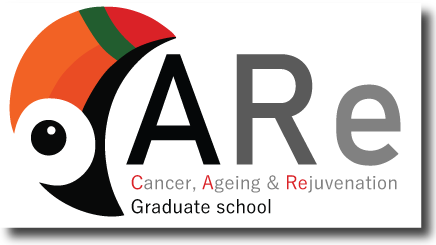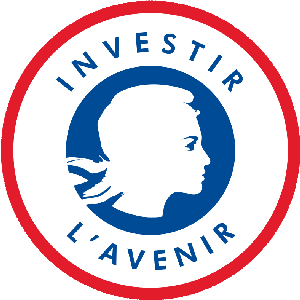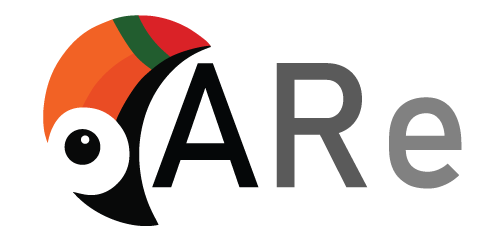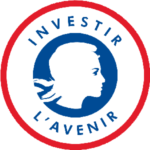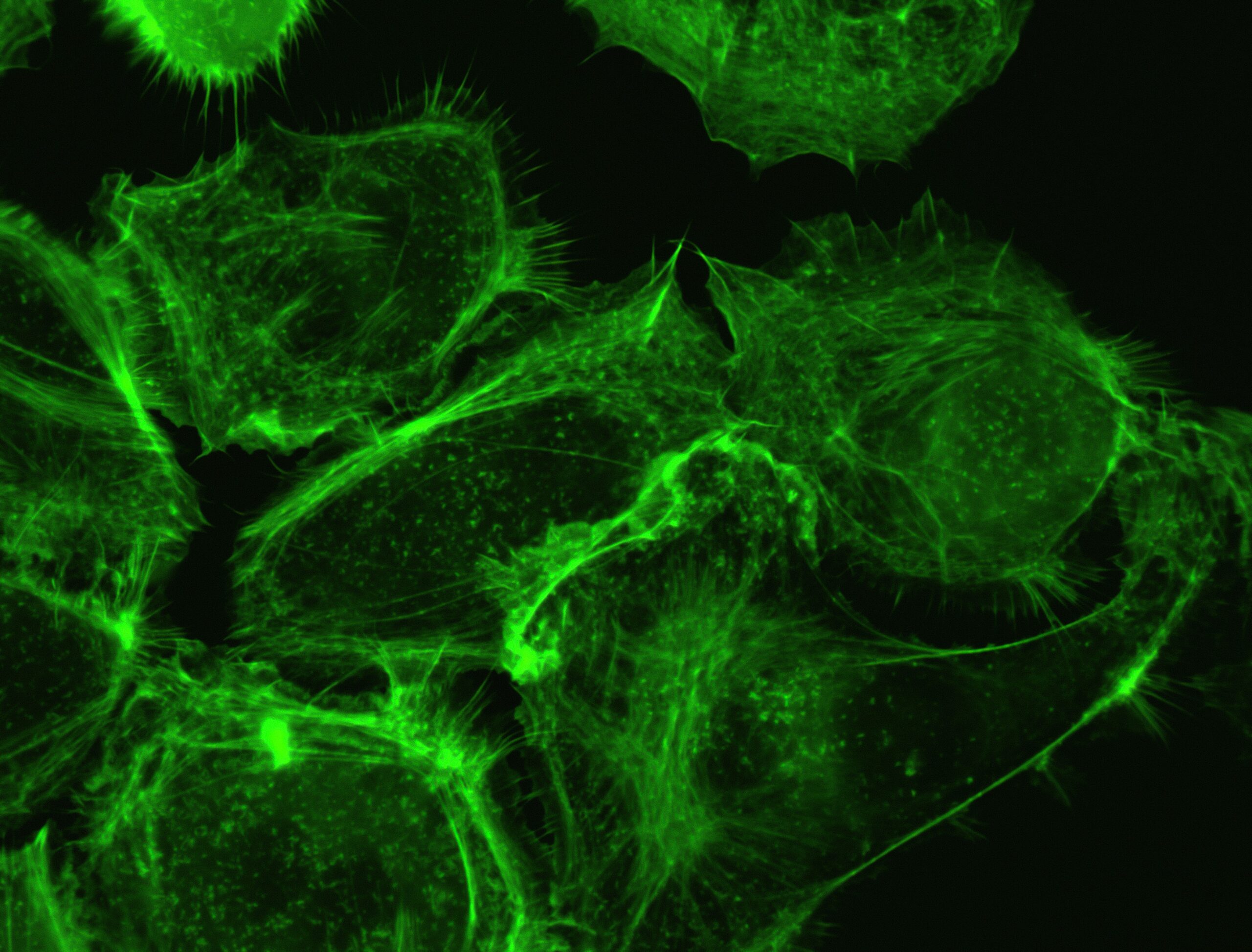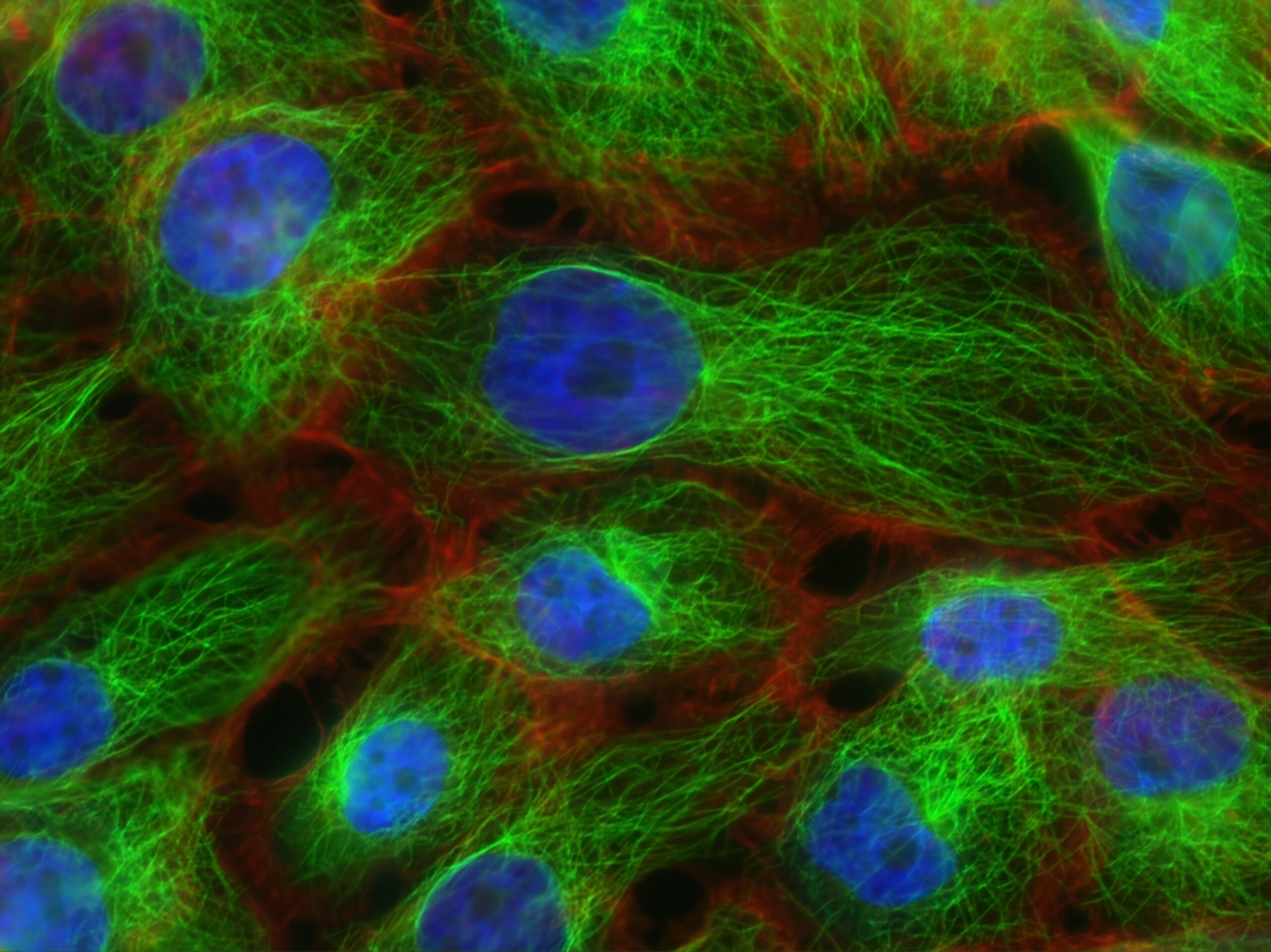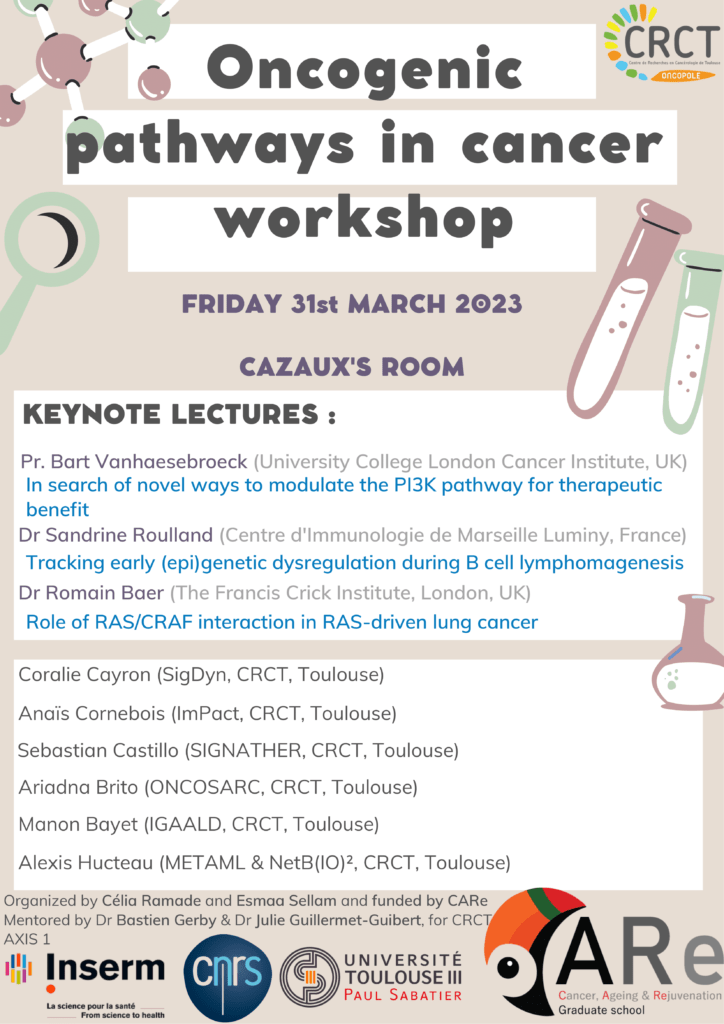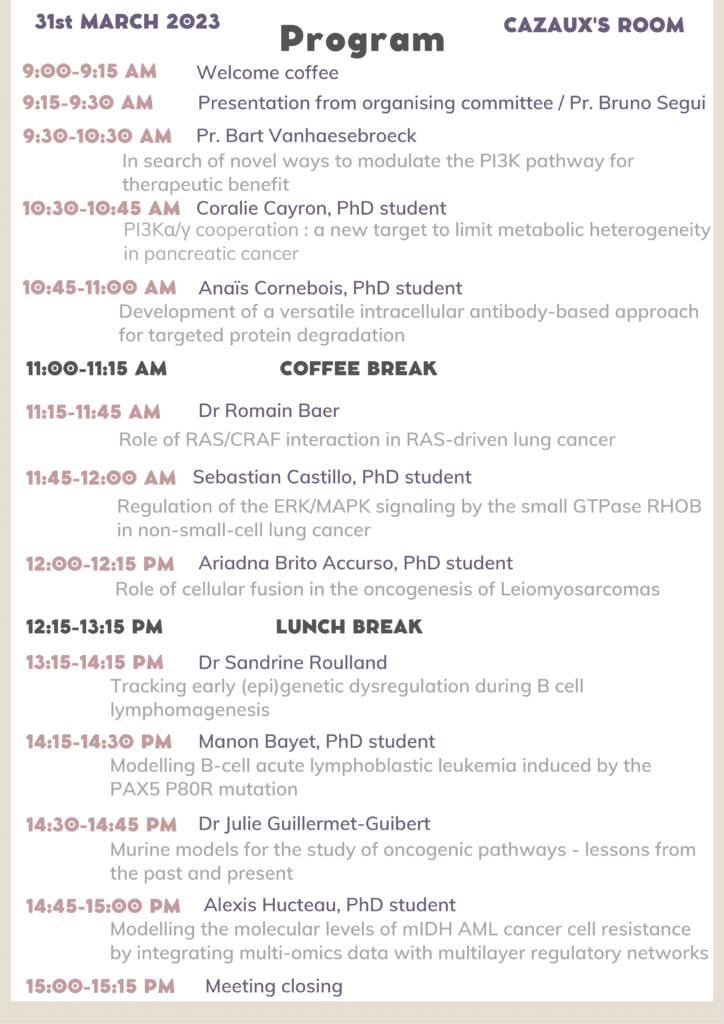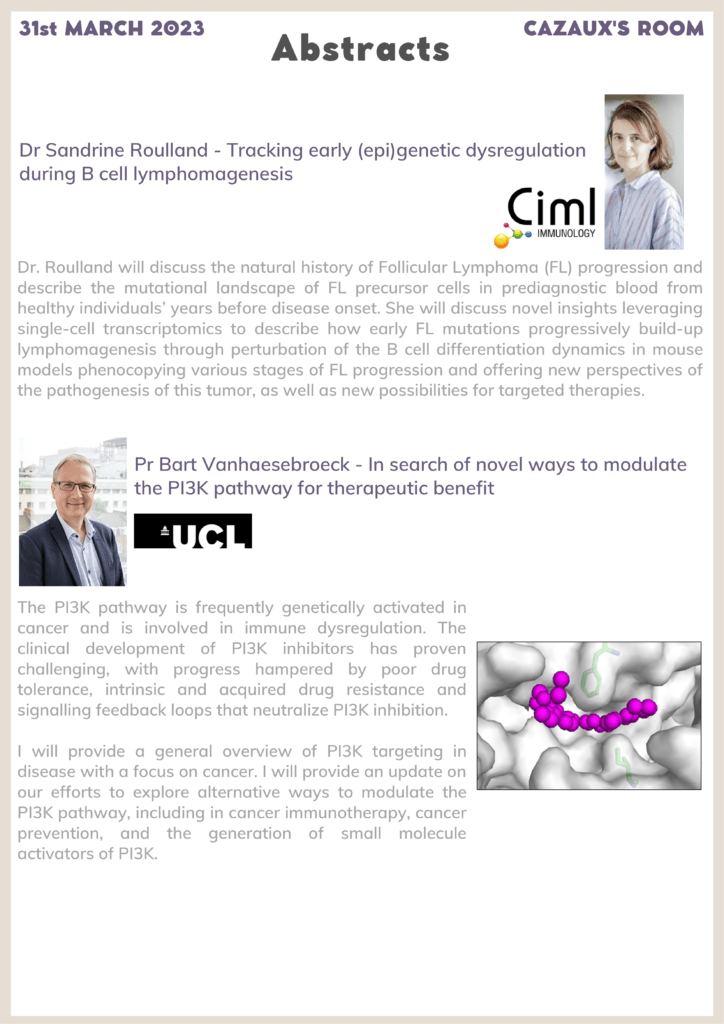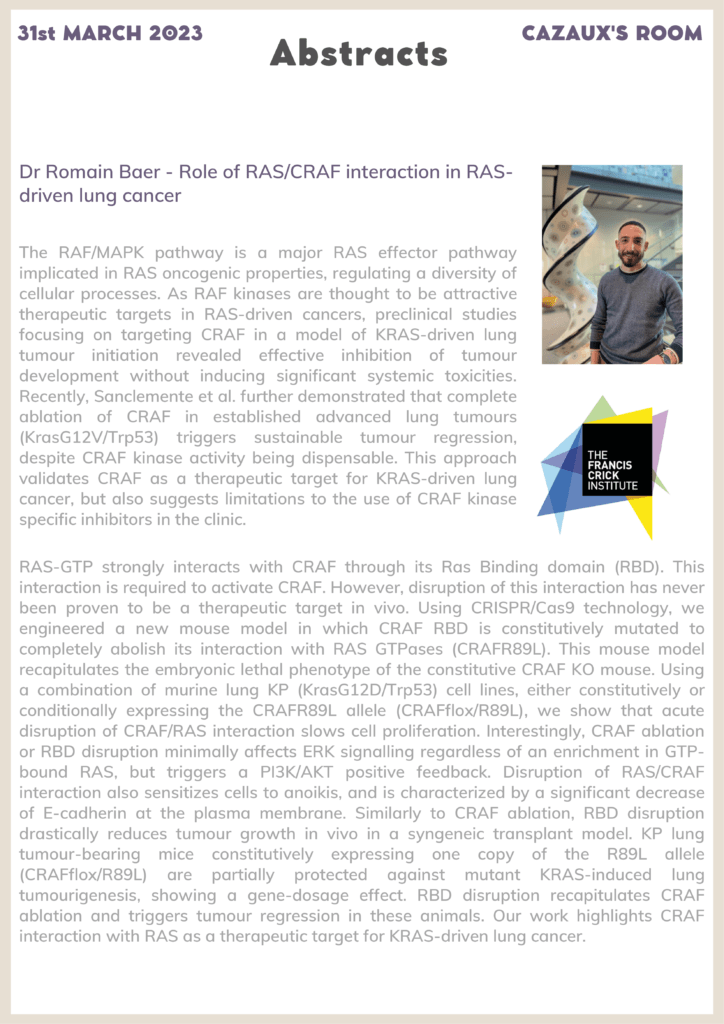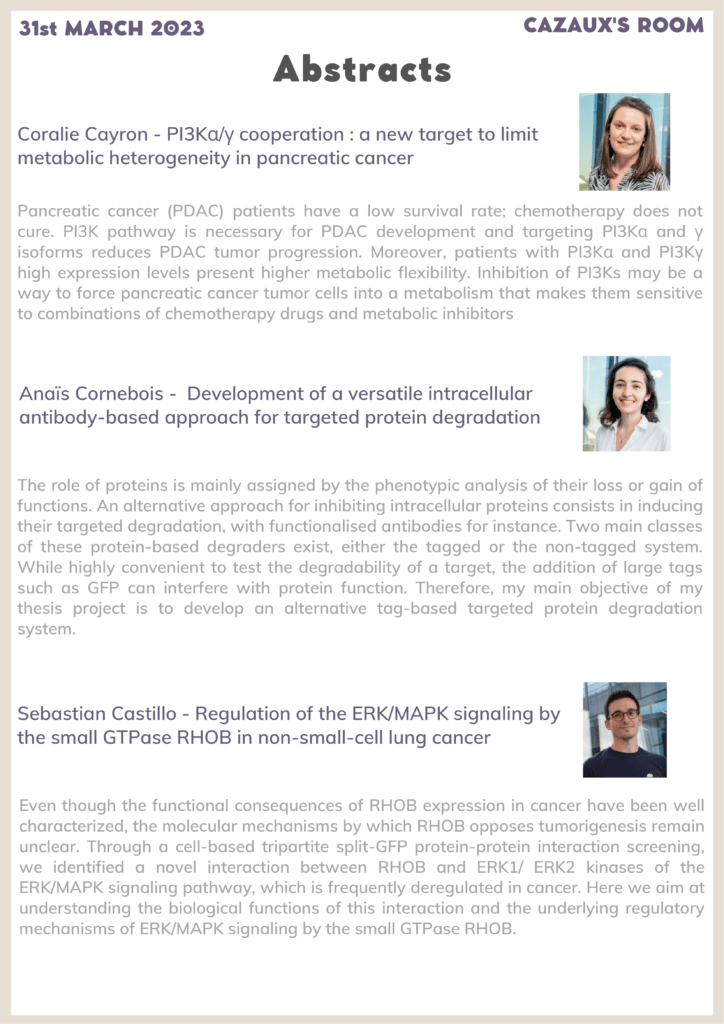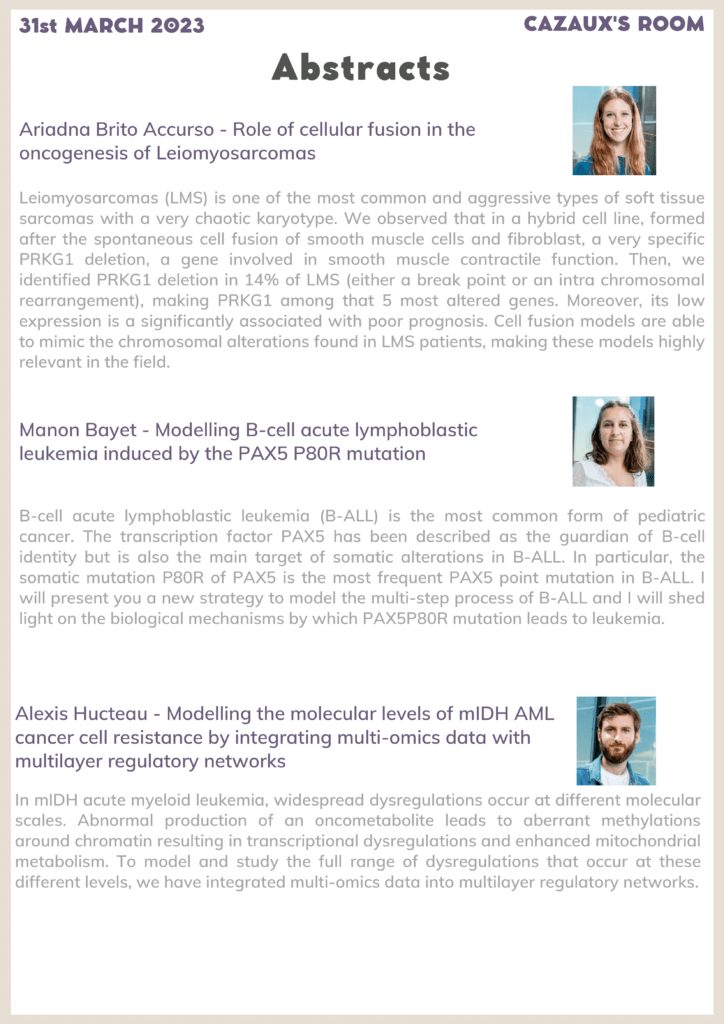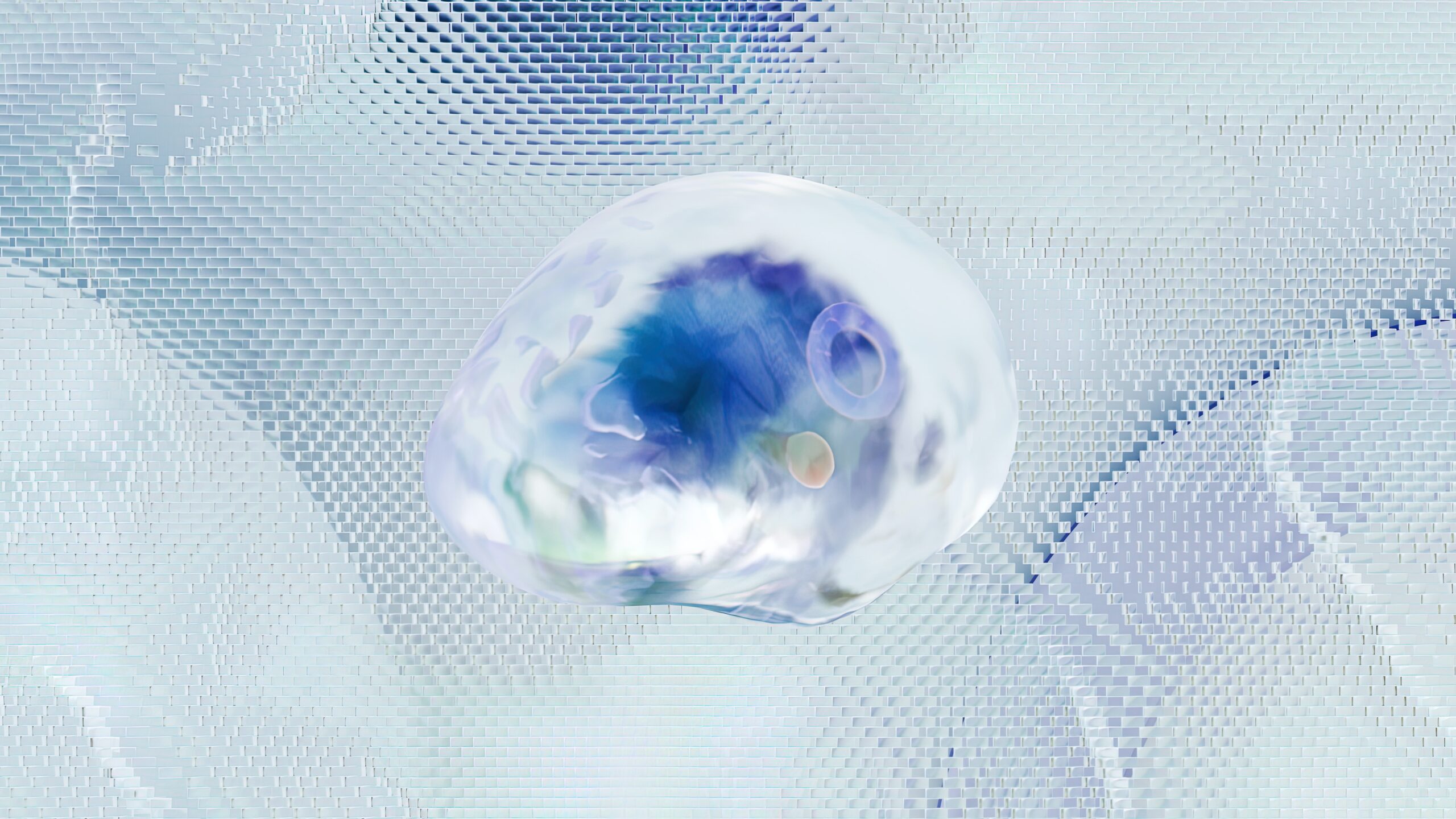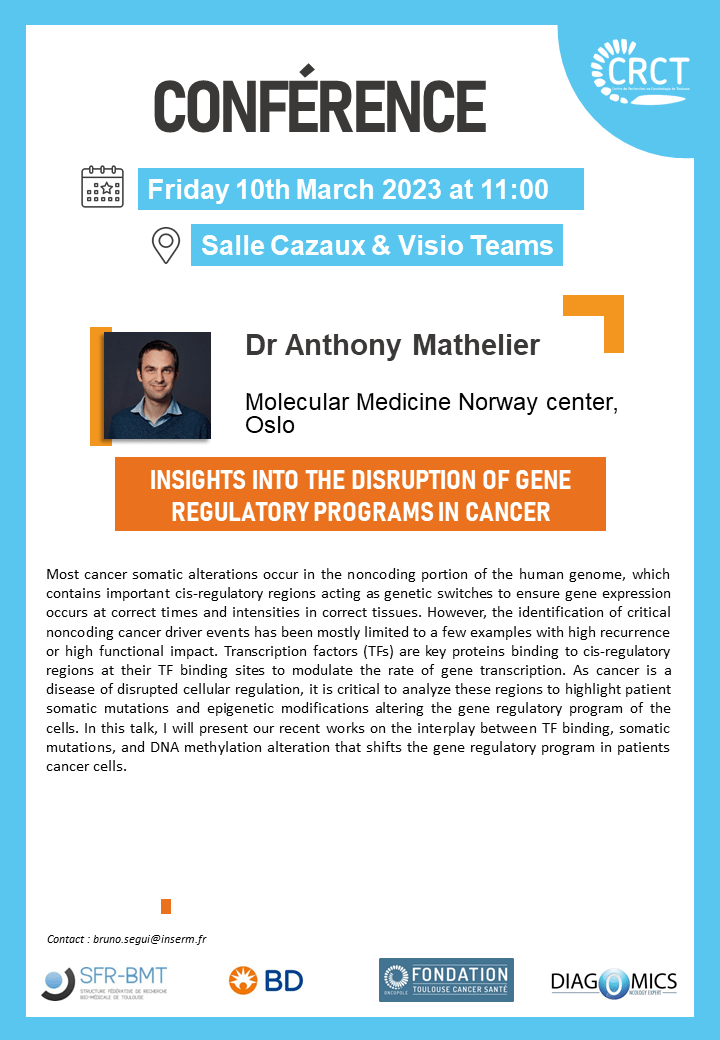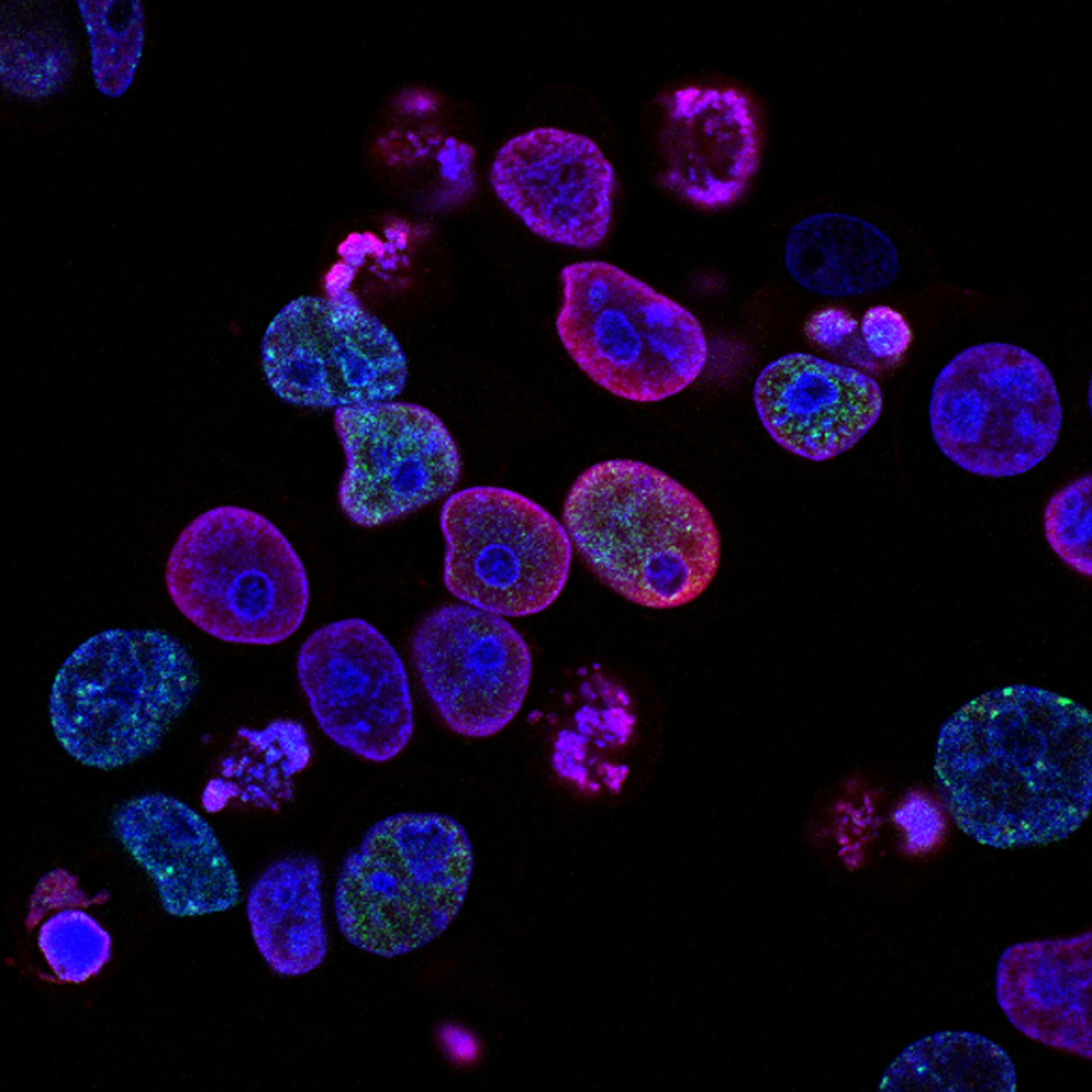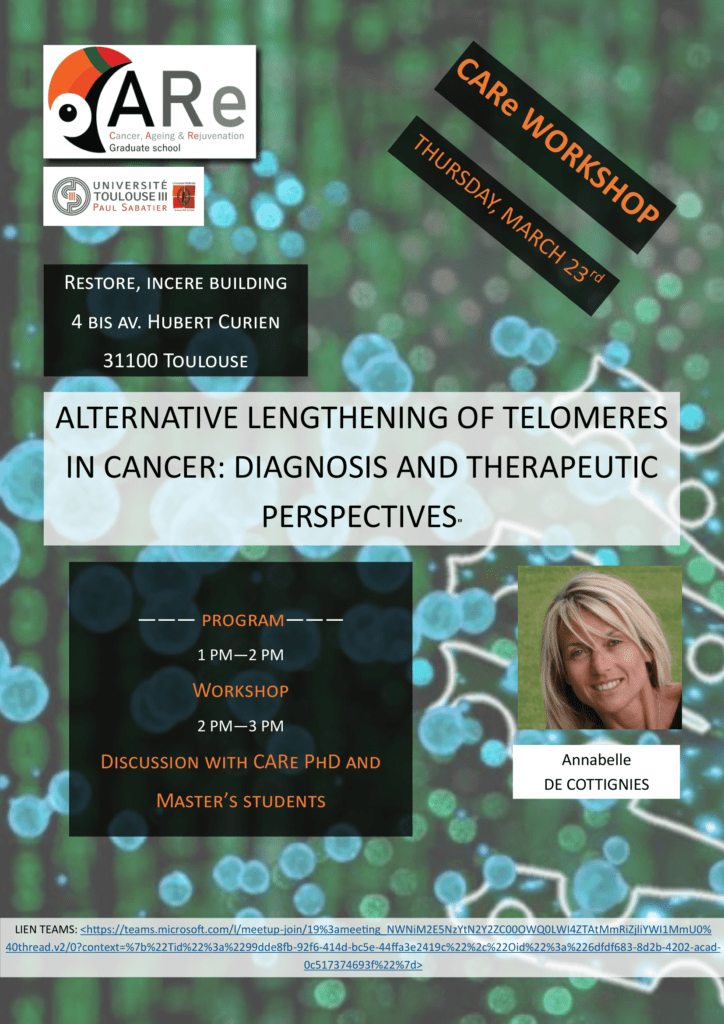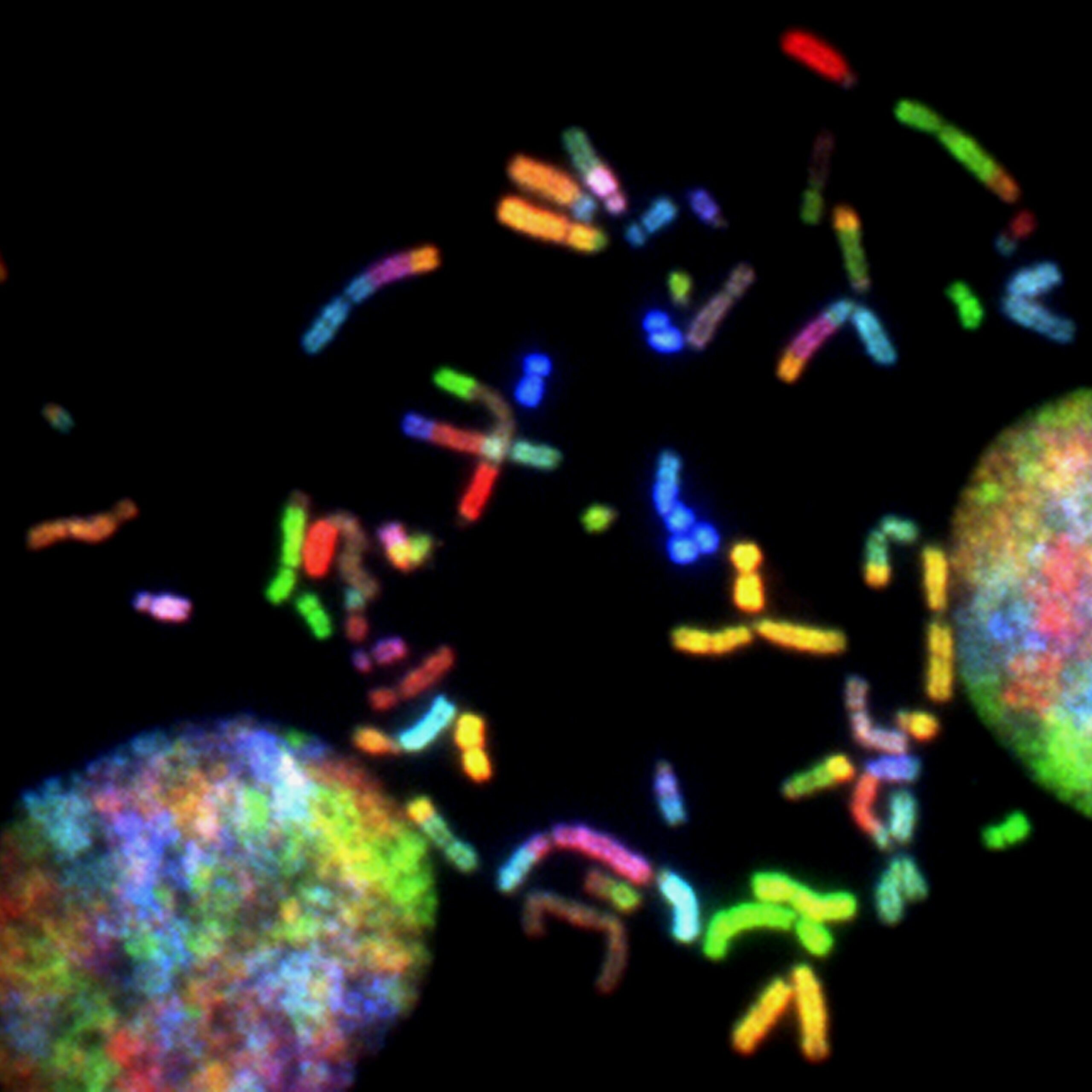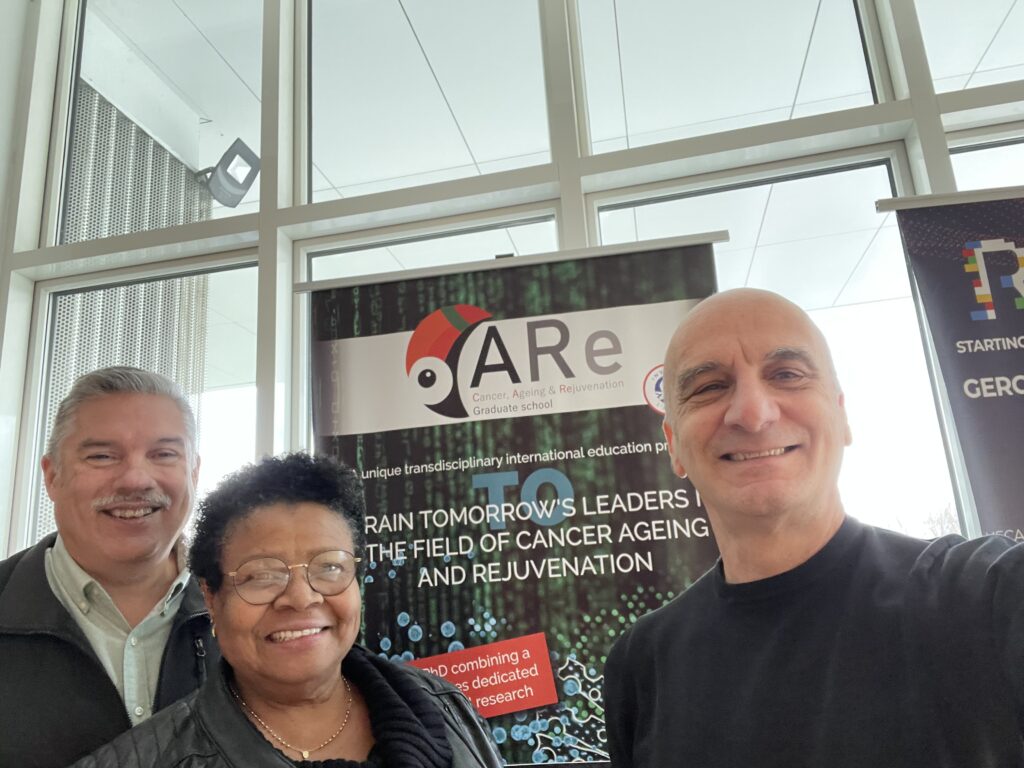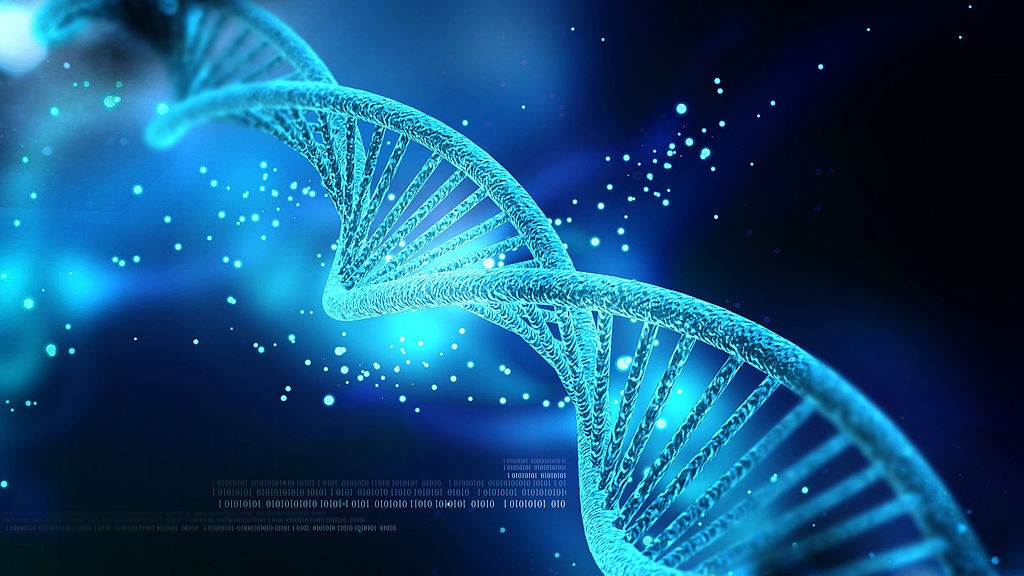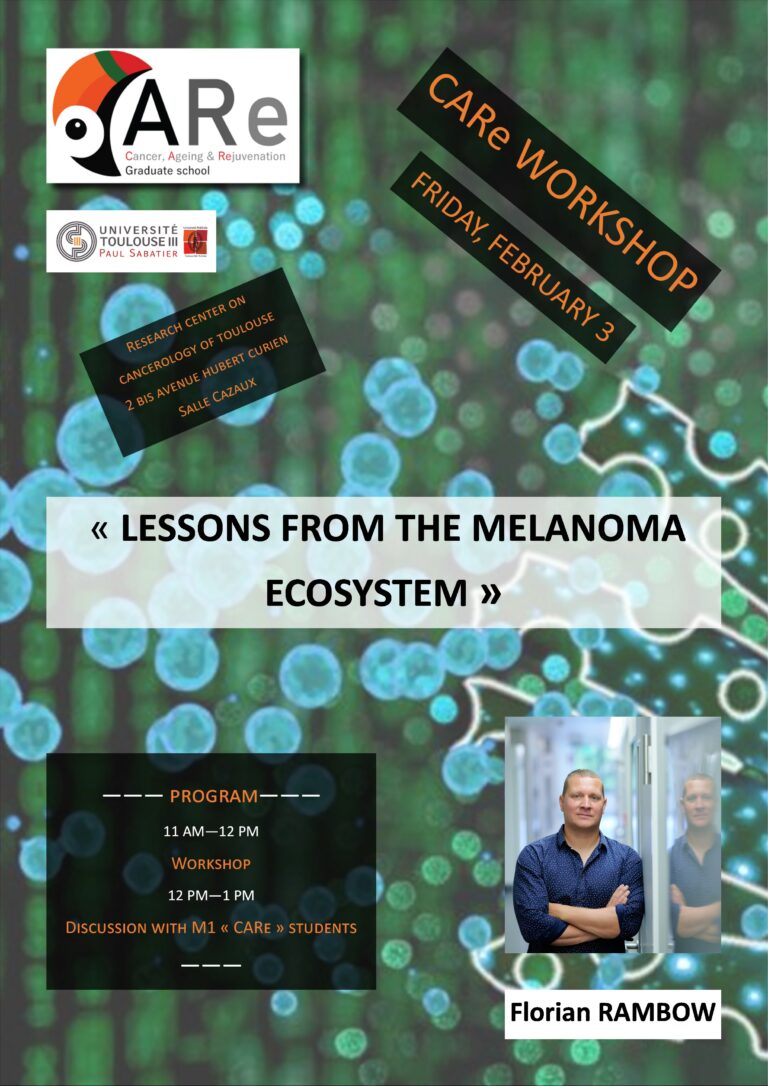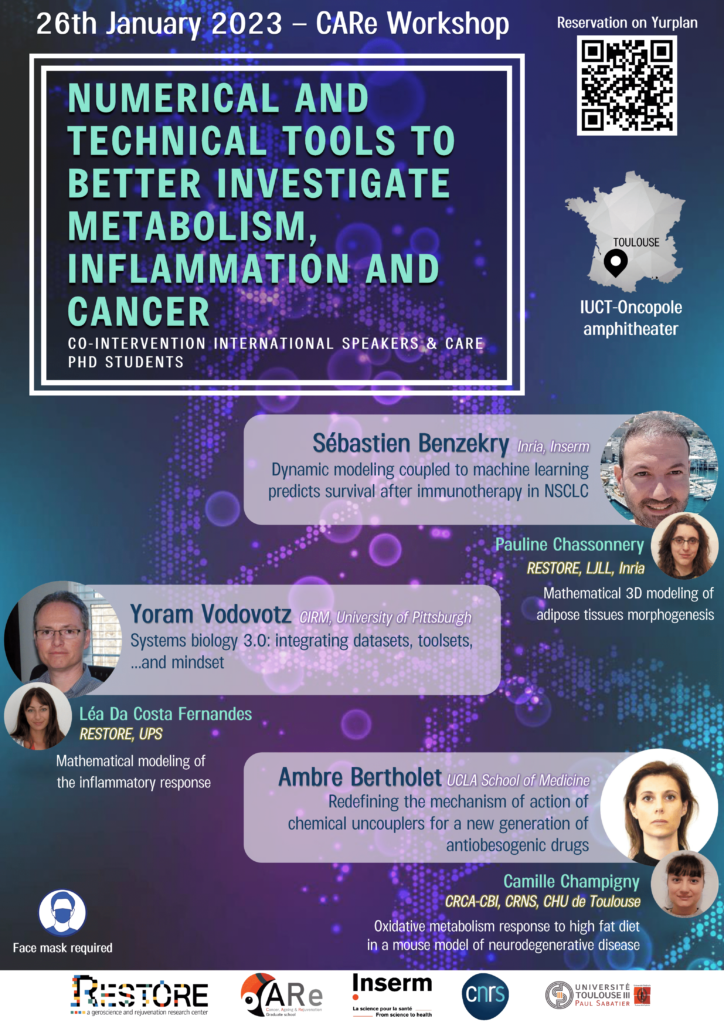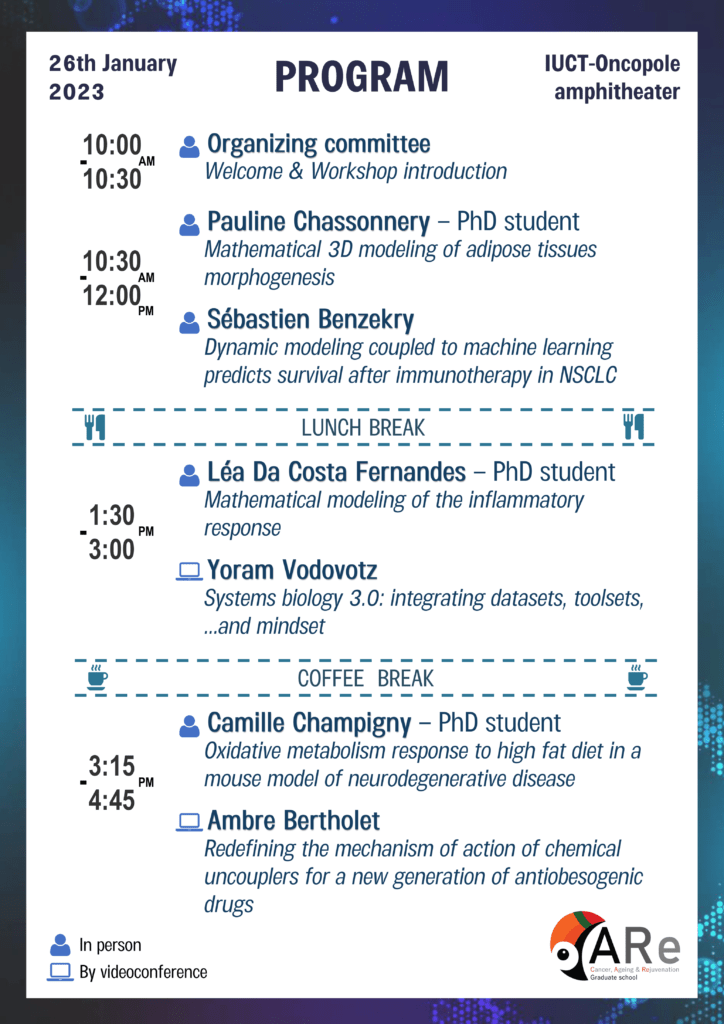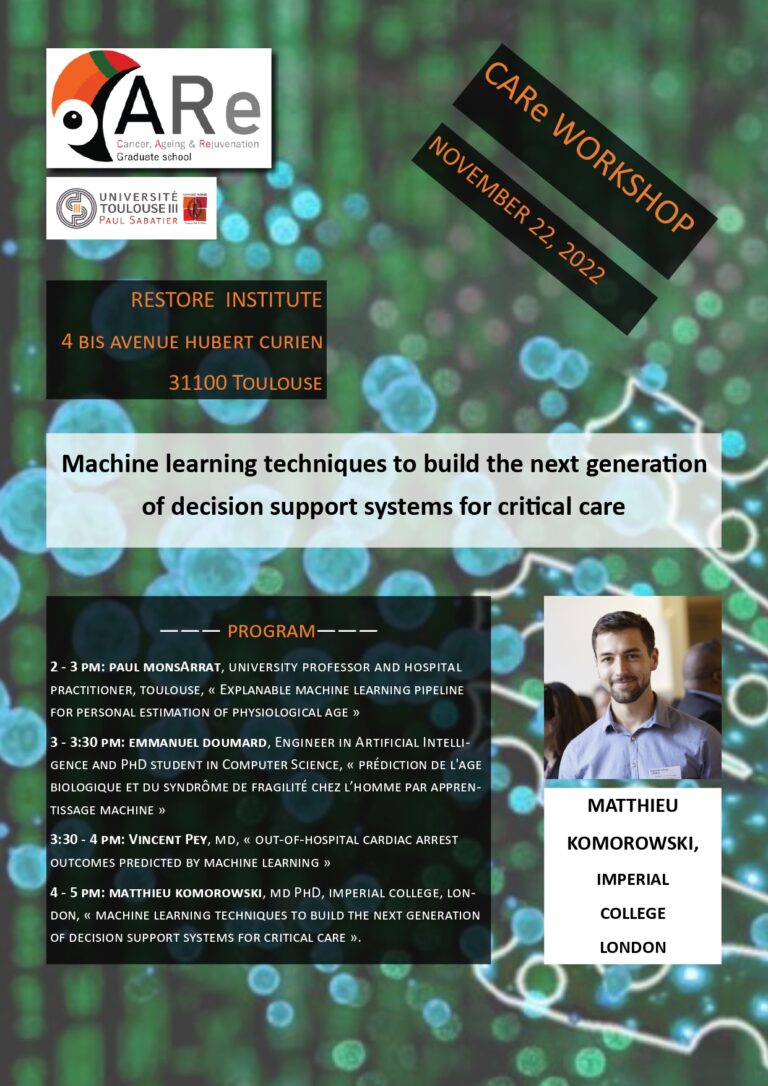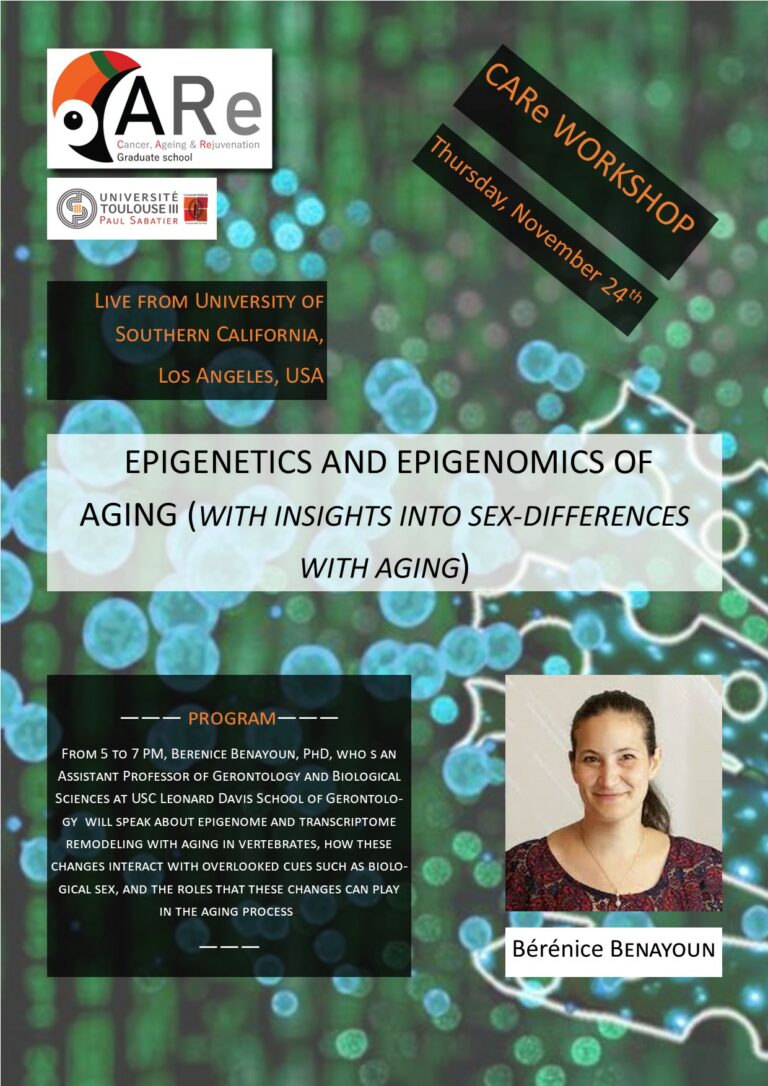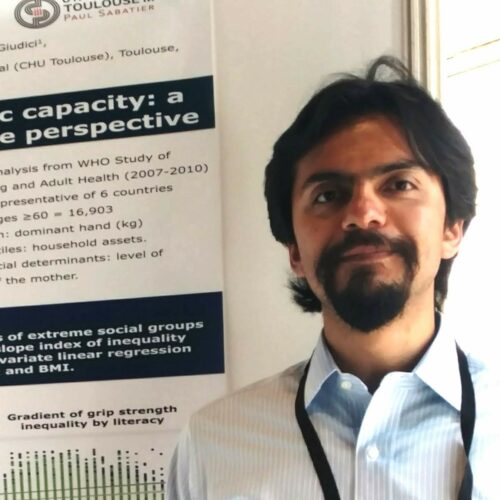
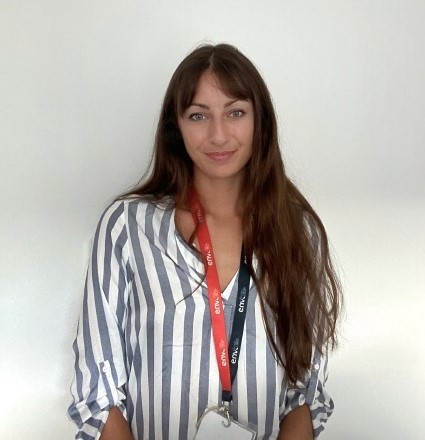
Emmanuel Gonzalez Bautista and Lea Da Costa Fernandes were the first two PhD students of the CARe Graduate School to defend their thesis.
Emmanuel’s thesis defense took place on December 5th, 2022, on the subject « Screening for abnormalities of intrinsic abilities with advancing age within the framework of the WHO ICOPE program: example of the locomotion approach », under the supervision of Pr. Sandrine Andrieu and Philipe de Souto Barreto, from the Centre for Epidemiology and Research in Population Health – CERPOP.
Lea defended her thesis on March 21st, 2023, on « Modeling the inflammatory response dynamics following tissue damage in adult mammals », under the supervision of Pr. Beatrice Cousin of the Restore Institute, and the co-supervision of François Peres, from the National School of Engineering in Tarbes – ENIT.
We congratulate them on this achievement and wish them every success in their future career.
